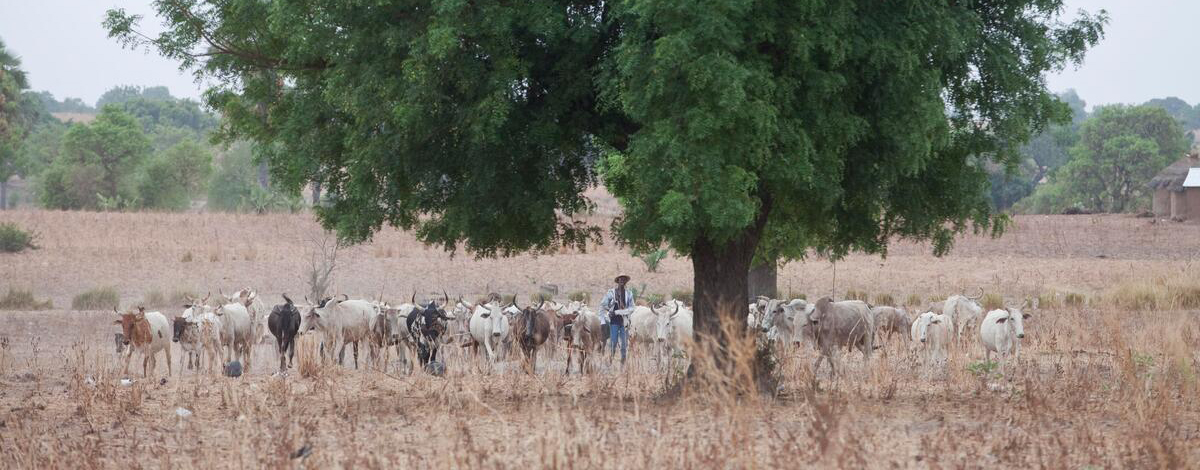
Health emergencies preparedness and response strengthening in Togo
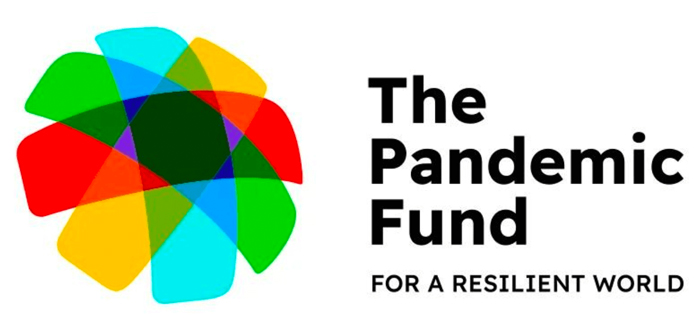
The Project aims to enhance the preparedness and resilience of Togo’s public health system to health emergencies. Specifically, it focuses on improving systems for early detection, warning, and response to epidemics and pandemics; enhancing the functionality and quality of the national laboratory network for diagnosing diseases with epidemic potential; improving human and animal health capacities for effective public health emergency preparedness.
Implementation and key components
The Project will be overseen by a National Steering Committee, including representatives from the Ministry of Health, Ministry of Environment, Ministry of Agriculture and Livestock, Ministry of Economy, Ministry of Security, decentralized authorities, and port and maritime authorities. The Project’s activities are organized into three main components:
Strengthening early warning systems and surveillance
Enhancing the DHIS2 platform by digitizing early detection systems and integrating animal health data. Activities include developing contingency plans for points of entry, reinforcing community-based surveillance with a One Health approach, creating an antimicrobial resistance surveillance plan, conducting simulation exercises, and establishing regional and district storage and delivery capacities for health emergencies (FAO, UNICEF, WHO).
Improving laboratory network functionality and quality
Focusing on secure transport of biological samples, developing standard operating procedures, providing equipment and training, and strengthening laboratory quality control. The Project will also develop a national genomic surveillance strategy, support sustainable infection prevention and control in health facilities, and implement biosafety and biosecurity measures in laboratories (FAO, UNICEF, WHO).
Strengthening workforce capacity
Building capacity for health workers (epidemiologists, lab technicians, veterinarians, veterinary technicians) and community stakeholders (health workers, livestock auxiliaries, leaders, traditional healers). This includes simulation exercises to enhance logistical preparedness at regional and district levels (FAO, UNICEF, WHO).
Additional support
The Project will also improve cross-border surveillance coordination within the International Health Regulations (IHR) framework, strengthen national coordination for health emergency preparedness and response (PPR), and mobilize additional funding to sustain and expand PPR activities (UNICEF, WHO).
Expected outcomes
The Project aims to significantly enhance Togo’s capacity to manage health emergencies by improving early warning and response systems, upgrading the national laboratory network for better disease diagnosis, and strengthening workforce capabilities in both human and animal health sectors. These advancements are expected to reduce the health, social, and economic impacts of future health emergencies in Togo. Additionally, the Project will focus on mobilizing further resources to ensure the sustainability and expansion of preparedness and response activities, ultimately contributing to a more resilient and effective public health system.
Implementing Entities
FAO, WHO, UNICEF
Priority areas
- Surveillance systems
- Laboratory systems
- Human resources / workforce strengthening
Total budget
USD 13,866,125
Total co-financing
(in kind and cash)
USD 2,901,054
Total co-investment
(in kind and cash)
USD 2,181,229
Find out more
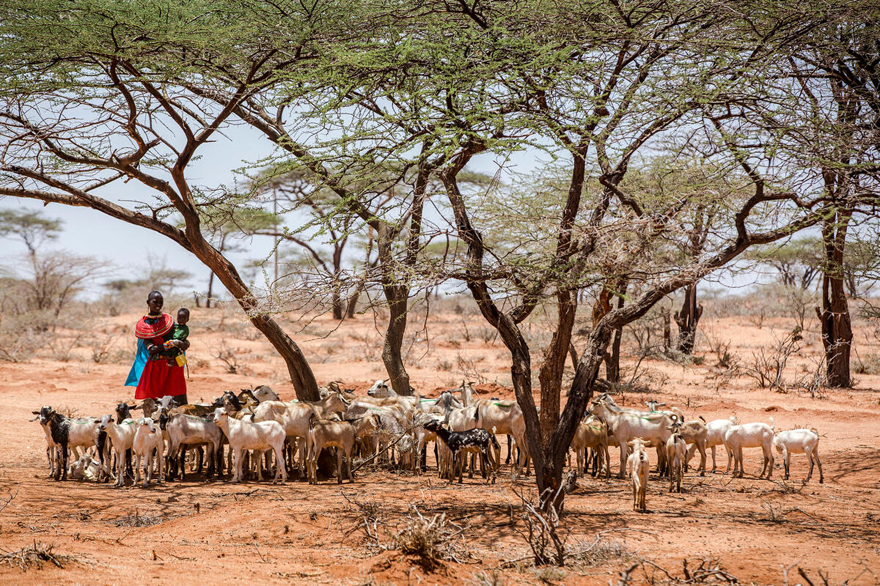
Projects
The Pandemic Fund
FAO is co-leading the implementation of 32 Pandemic Fund projects worth over USD 165 million aimed to boost local and global health security.
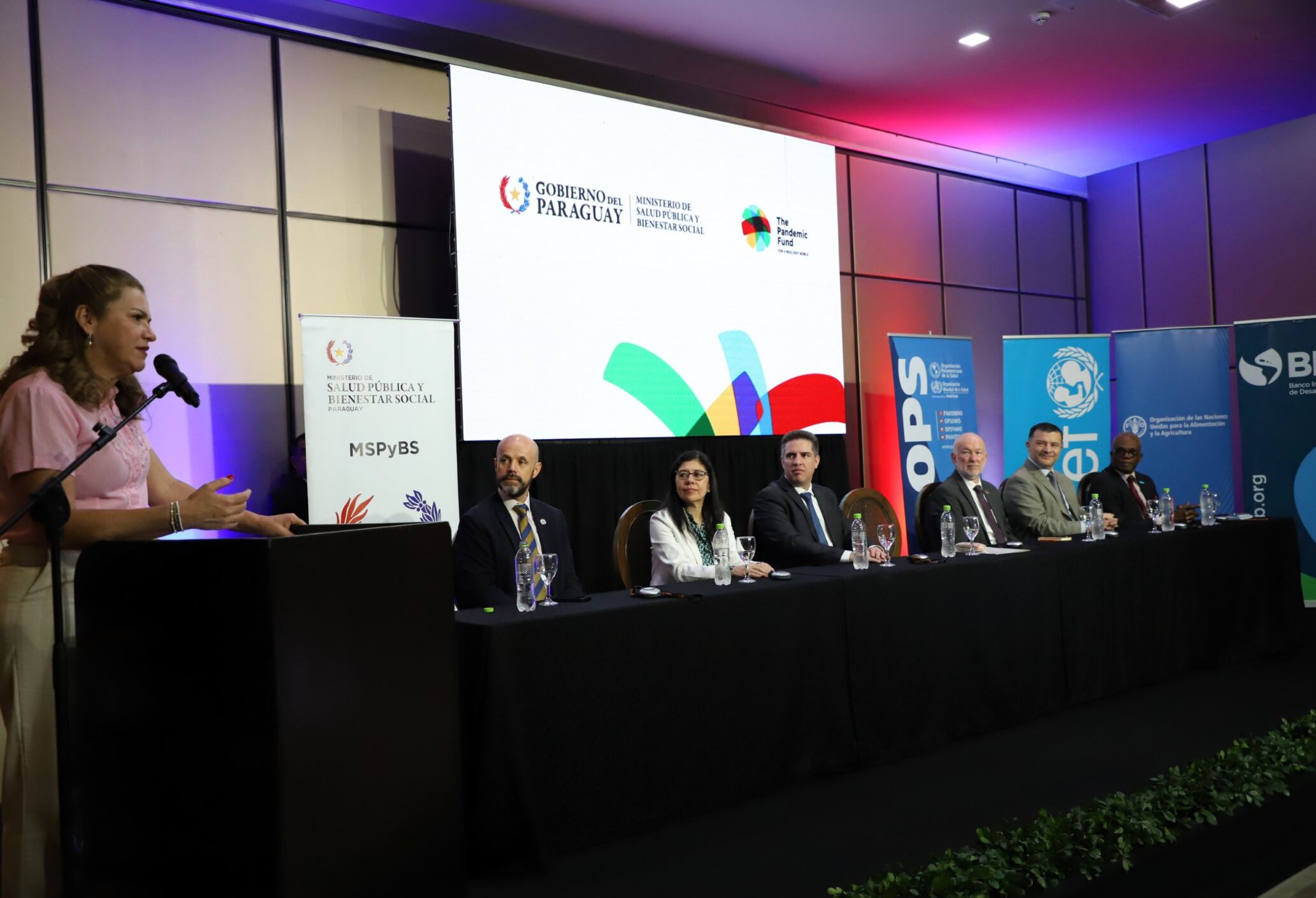
Highlights
Global fight against pandemics gains momentum as projects launch with FAO support
The first of Pandemic Fund projects launched at national level, including Ethiopia, Paraguay, Central Asia countries, and Yemen.
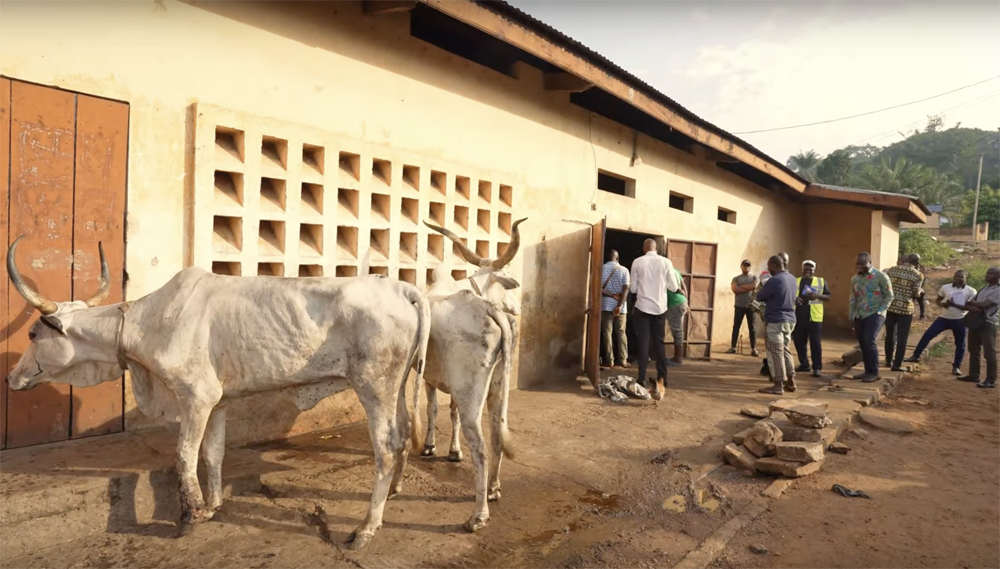
Projects
Training animal health workers in Togo
Training sessions were organised with Togo’s veterinary services to reinforce the capacities of the country's animal health agents in surveillance, inspection of foodstuffs of animal origin and veterinary legislation.
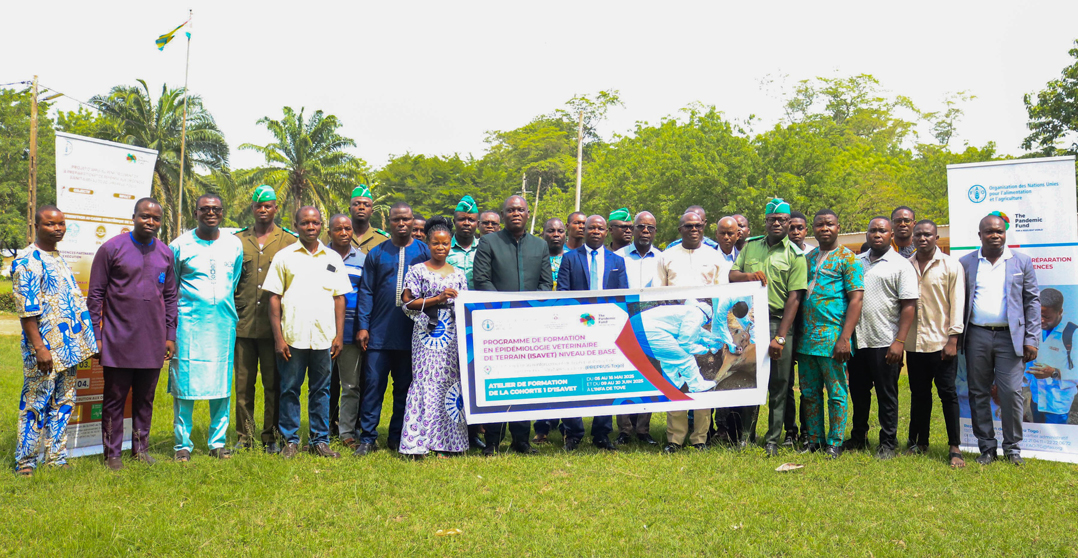
Projects
FAO Togo trains its first generation of health professionals
In response to rising global health threats, Togo has launched its first in-country ISAVET training programme to equip 20 animal and environmental health professionals with practical field epidemiology skills.
